What I love the most about working in conservation is the opportunity to see beautiful nature, incredible wildlife, and meet passionate and inspiring people. In early July, I was able to do all of these things in Indragiri Hilir, a mangrove-rich region of Sumatra, Indonesia.
In cooperation with Yayasan Pesisir Lestari, Blue Ventures began working in Indragiri Hilir in July this year, expanding its community-led mangrove management initiatives in Indonesia. One of the partners we are working with there is Yayasan Mitra Insani (YMI), a local conservation organisation with extensive experience supporting the marginalised communities living in and around mangrove forests. In July, I had the opportunity to meet YMI’s staff at their office in Pekanbaru City and embark on a fantastic trip to meet with the communities living in Indragiri Hilir.
During the trip, I met many inspiring people, including Abi, YMI’s field coordinator. Abi and I sat next to one another on the small boat on the way to Cawan Island village and he told me about himself.
Getting to know Abi
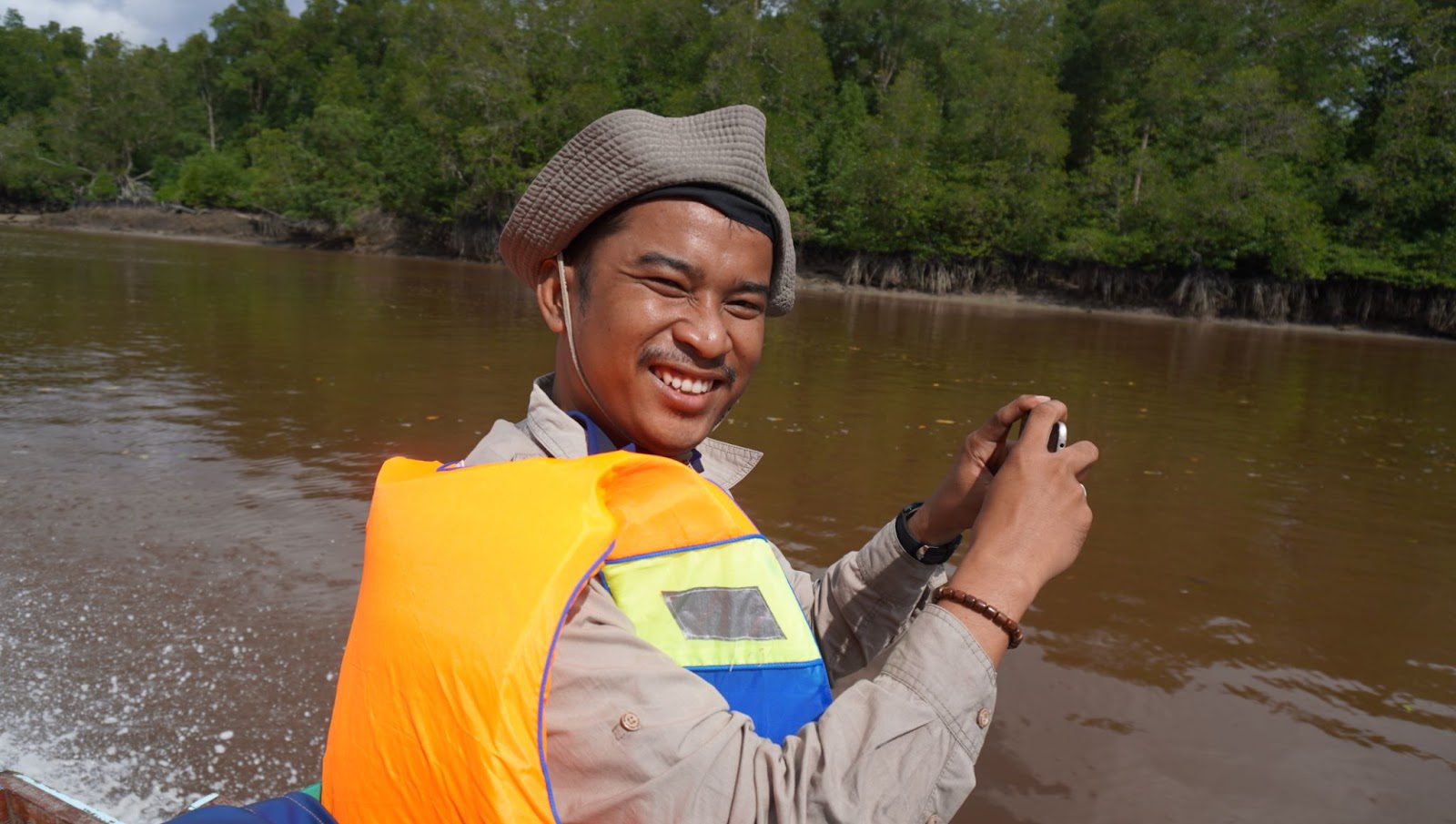
Abi, YMI’s field Coordinator, young and eager to learn | Photo: Rini Hanifa
Although he is only 29 years old, he has the wisdom of someone twice his age.His full name is Abizar Alqifari and although he is only 29 years old, he has the wisdom of someone twice his age. Raised in Sapat village, Abi has lived in the region for his whole life and is now settled in the same village with his own family; his eyes lit up when he spoke about his wife, Sumarni, and his two young children.
His conservation journey began after earning his bachelor’s degree in informatics engineering from the local university, AMIK Tri Dharma in Pekanbaru. During his degree, he had the opportunity to learn about community development and conservation with YMI and after graduating, he decided to work with YMI because he was passionate about the organisation’s mission and felt that its values aligned with his. YMI supports local communities in Indragiri Hilir so that they can develop the knowledge and skills which will allow them to play an active role in identifying the problems in their villages and finding local solutions.
Supporting communities in Indragiri Hilir
Indonesia is home to some of the world’s largest, most biodiverse and carbon-rich mangrove forestsIndonesia is home to some of the world’s largest, most biodiverse and carbon-rich mangrove forests; these essential marine ecosystems are currently experiencing amongst the highest rates of mangrove loss on earth. Mangrove forests are being harvested for charcoal, construction, and converted to aquaculture and mono-crop plantations for commodities such as palm oil. Though this brings short term, private financial benefits, it comes at a very high economic and environmental cost to wider society, and in particular coastal communities like those living in Indragiri Hilir.
In Sapat village, one of the six communities that YMI supports in the region, the community has experienced the devastating consequences of mangrove loss; their coconut farms have been inundated by sea water which caused damage to the trees. The trees slowly died, and the community lost their primary source of income.
Through his work, Abi would like to realise the dream of the communities he works with. Their dream is simple: they want to be able to put enough food on the table for their families and send their children to school. They also expect to have clean water, and other necessities met.
An integrated approach is key to the success of mangrove conservation. Apart from strengthening the community’s knowledge and capacity in mangrove conservation, we also have to provide access for them to have sustainable livelihoods,” says Abi.
Harnessing local knowledge
Throughout their life, community members have observed the mangrove forest and learned from this close interaction; the mangrove is their laboratory, and they are the scientists.Abi and the team at YMI believe that Indigenous knowledge and local wisdom is key to effective mangrove conservation and rehabilitation projects. Communities that live amongst the mangroves, like those in Indragiri Hilir, have local knowledge of the forests. Throughout their life, community members have observed the mangrove forest and learned from this close interaction; the mangrove is their laboratory, and they are the scientists. This extensive knowledge means that they are the best people to advise the appropriate location for replanting and protection, in a way that benefits their communities.
For example, in Indragiri Hilir, the communities believe that if they’re taking care of their own forests, their coconut farms will be protected from seawater intrusion, and estuarine fish (fish that live in estuaries) – their primary source of protein – will be abundant enough to feed their families.
In locally led conservation, it is important to listen to the community, explore and find out their aspirations, what has worked well, what has not, and involve them in every step of the process. During my trip, I also met Dody, who is the deputy director of YMI. He shared many wise words on the topic of community-led conservation; he told me:
There are many best practices out there, and many organisations would like to try out their successful model in another country or region. However, it needs to be remembered that what has been a success in other places may not necessarily be successful in this area, because every community has its own characteristics. They are all unique.”
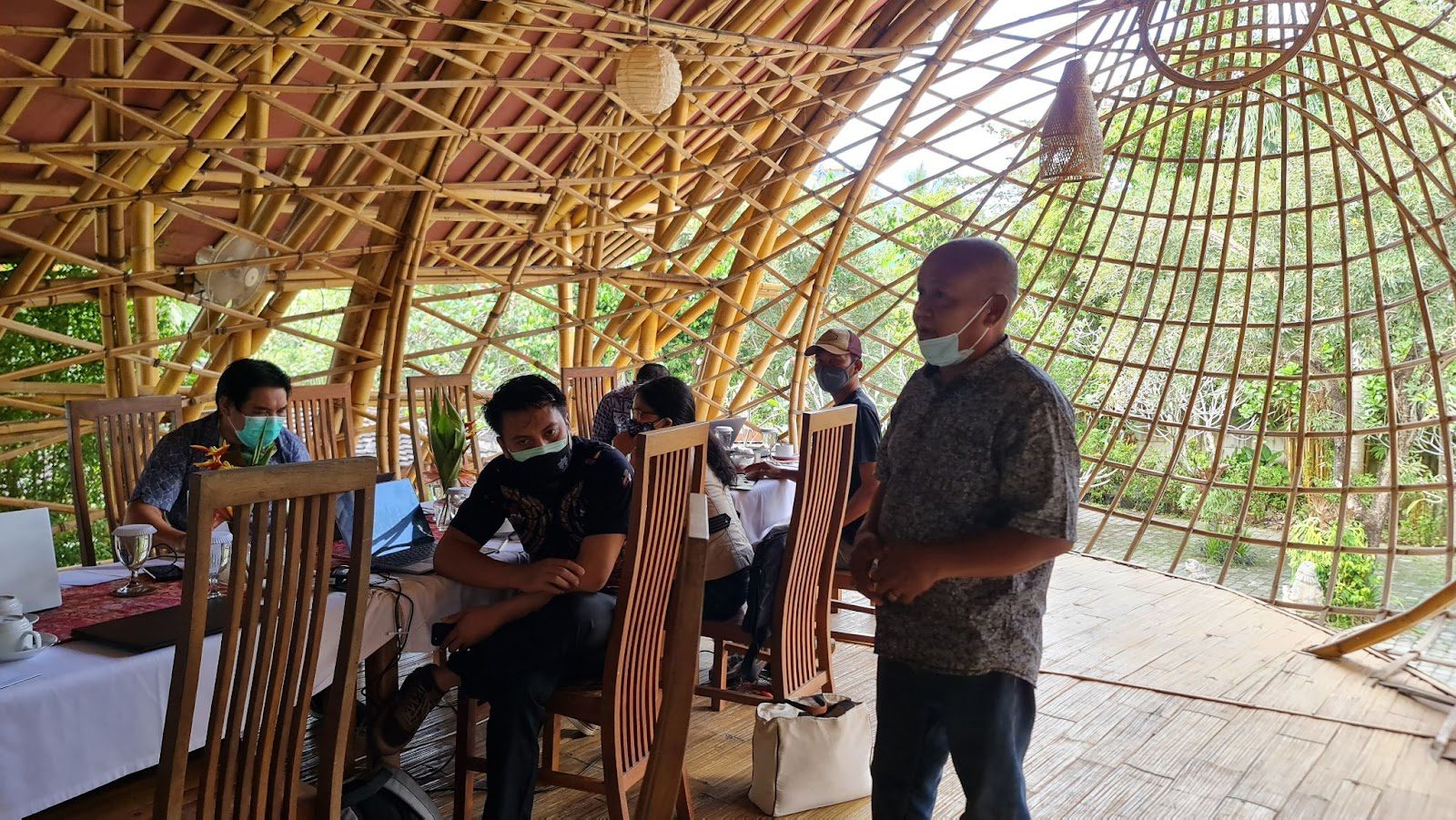
Dody, YMI’s deputy director, sharing his expertise on mangrove fisheries management in a partnership meeting conducted by Pesisir Lestari in Bali | Photo: Rini Hanifa
Connecting with the wider community
YMI also believes that local knowledge alone is not enough; communities in Indragiri Hilir also need to learn from others. In the villages of Sapat and Sungai Piyai, the Lembaga Pengelola Hutan Desa (village forest administration or ‘LPHD’) members are keen to learn from other LPHDs in the area. According to them, their capacity is still lacking, and they believe that one way to improve this is through exchange visits to the other LPHDs so that they can learn from their peers who face the same challenges.
But with support from YMI, the learning opportunities don’t have to stop there. Abi and Dody are very excited about the partnership with Blue Ventures and Pesisir Lestari; they hope to learn more from the experiences of both organisations, as well as from the communities that they support in Indonesia, or even across the Indian Ocean in Madagascar. With Covid-19 and the new widespread use of digital communication tools like Zoom and Google Meet, they believe that this could be possible.
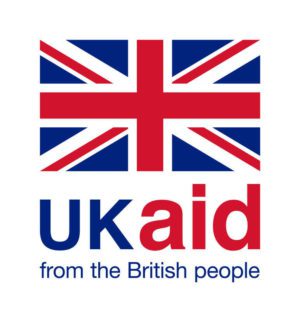


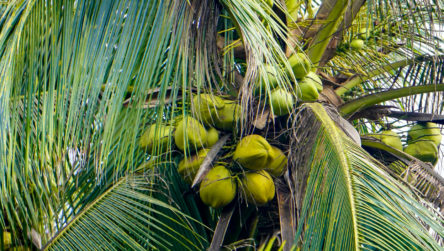
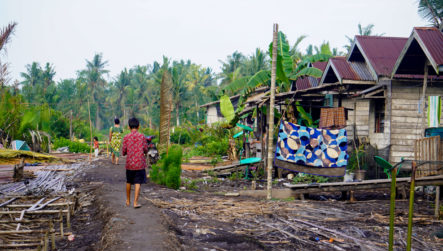
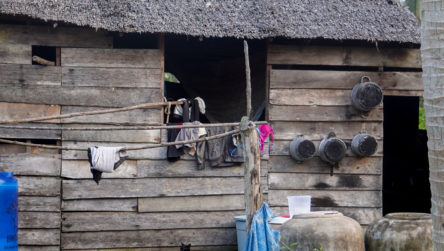
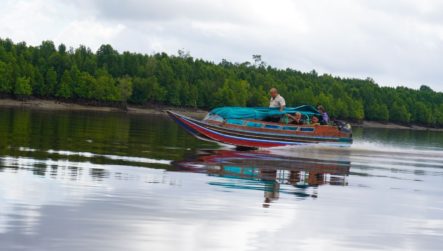
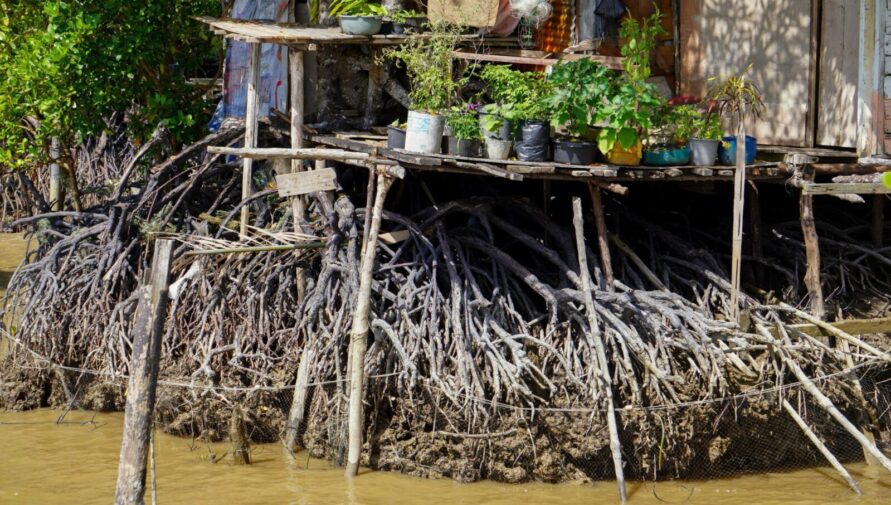
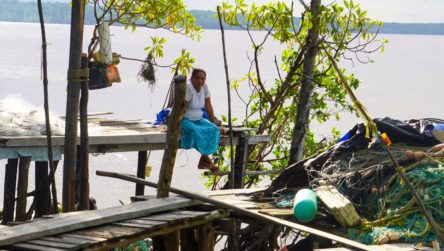
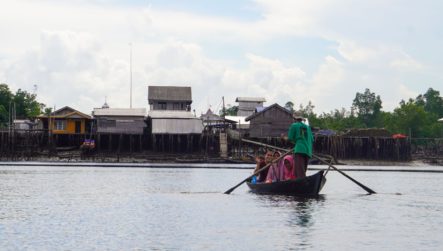
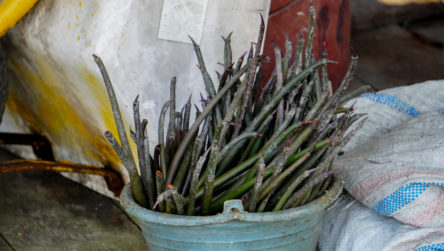
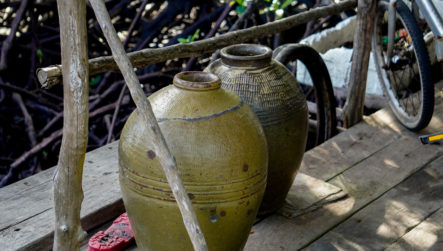
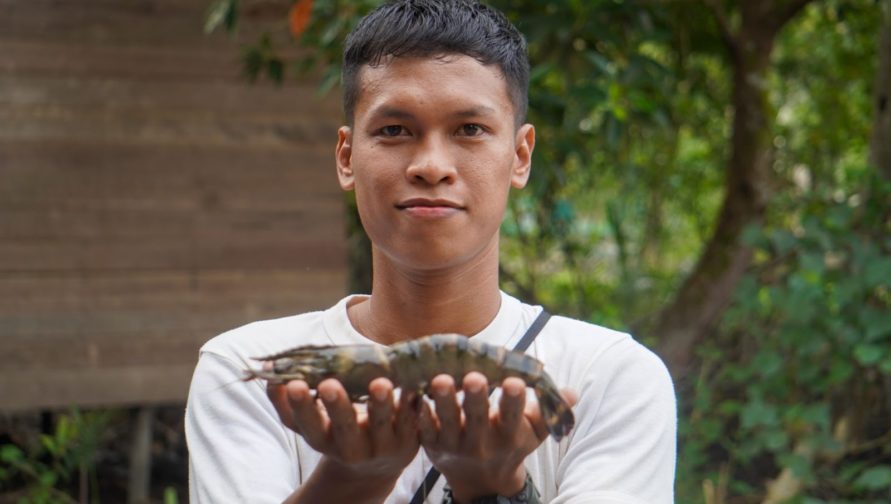
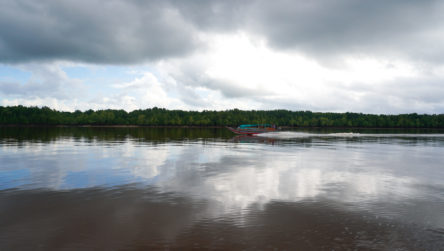
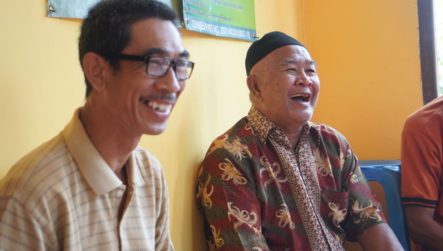
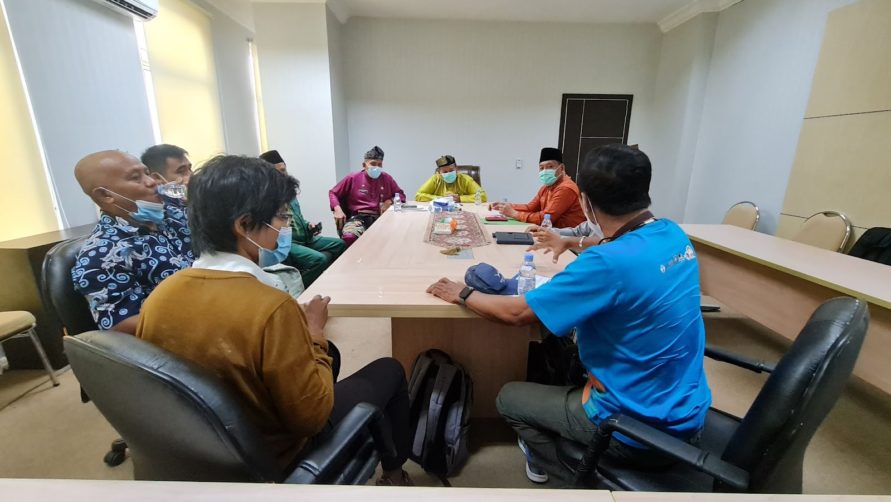
Really interesting to read of the great work you and your partners are engaged with.